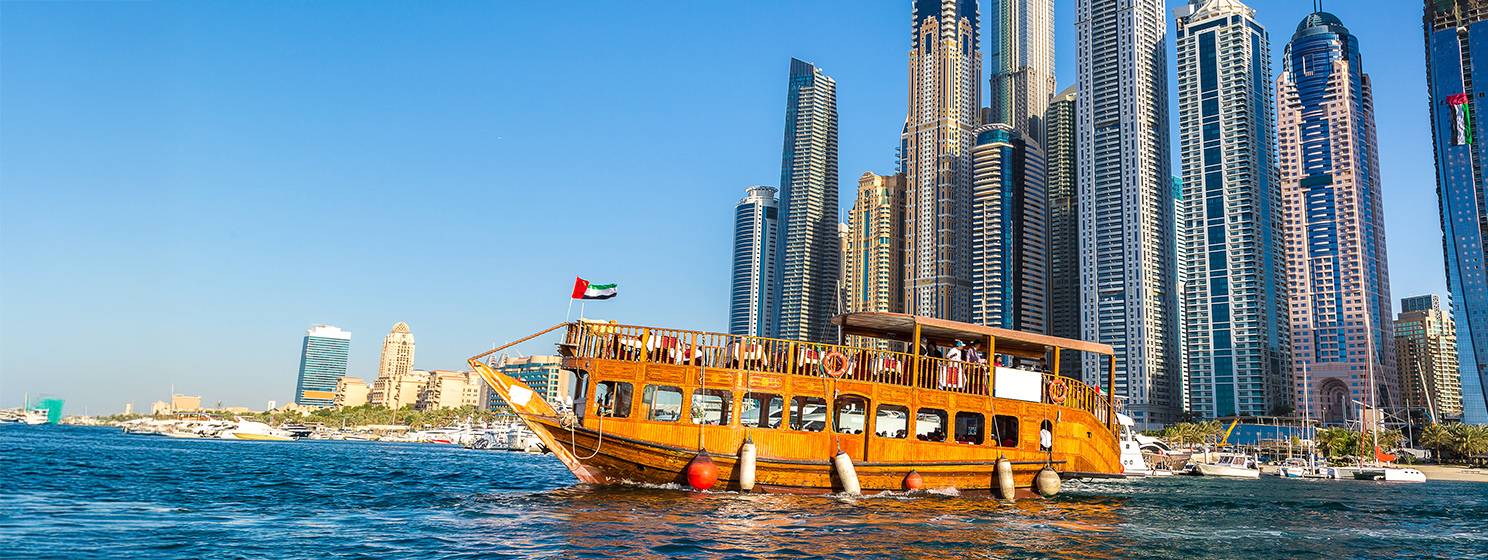|
Getting your Trinity Audio player ready...
|
To match the growing fervor around real estate tokenization, Dubai has seized the moment to launch a first-of-its-kind offer for investors in the region.
The Dubai Land Department (DLD) said in its official statement that investors based in the United Arab Emirates can now invest in tokenized real estate through Prypco Mint, an investment platform built on-chain.
Prypco Mint is a joint project involving Dubai’s Virtual Assets Regulatory Authority (VARA), Dubai Future Foundation (DFF), and the Central Bank of the United Arab Emirates (CBUAE). The project, currently in its pilot phase, partners with Zand Digital Bank for this innovative initiative.
Investors holding a national ID will be allowed to participate in the initiative, investing in tokenized real estate projects across Dubai. After the pilot stage is completed, authorities plan to expand the project regionally and globally.
“The platform enables users to generate returns and own a share in a prime real estate project in Dubai,” read the press release.
By participating in this initiative, investors will have access to tokenized shares in Dubai-based properties with a minimum investment of AED 2,000 (US$544). Despite the reliance on blockchain, transactions on the platform will be conducted entirely with UAE Dirham rather than digital assets.
Plans for a tokenized real estate have been in the works since early April, with the DLD and VARA charting a regulatory course for the offering. In mid-May, VARA updated its rules to allow real-world asset (RWA) tokens to be traded on secondary markets, providing regulatory backing for Prypco Mint.
Going forward, the project will support the secondary trading of tokens, improving the overall liquidity. Apart from heightened compliance standards, tokenized real estate will offer fractional ownership, allowing a broad class of retail investors to dabble in Dubai’s high-end real estate market.
According to the DLD, the tokenized real estate verticals will grow to represent 7% of Dubai’s real estate market by 2033. The report pegs the valuation of the growing niche at AED 60 billion (US$16 billion) in 2033.
A Deloitte report projects the global tokenized real estate market to reach a $4 trillion valuation in 2035. The incoming spike will be buoyed by government agencies wading into the niche, with Nigeria and Israel already integrating the offering into their land registry operations.
Air Arabia makes stride with dirham-backed stablecoin
Meanwhile, Air Arabia has confirmed plans to accept the dirham-backed stablecoin, AE Coin, for flight bookings and other ancillary payments.
The company is collaborating with digital banking giant Al Maryah Community Bank (Mbank) to support AE Coin payments. The stablecoin payments will be processed via Mbank’s AEC Wallet app, cementing Air Arabia’s place as the first regional airline to embrace stablecoins.Launched in late 2024, Mbank’s AE Coin has clinched final approval from the UAE’s financial regulator and will maintain a 1:1 peg with the dirham.
For Air Arabia customers, integrating stablecoins for flight bookings will offer a raft of benefits. Adel Ali, Air Arabia’s group chief executive, disclosed that the stablecoin option will cater to the growing demographic of clients, offering the perks of flexibility and convenience.
“The newly introduced payment option through AEC Wallet reflects our ongoing efforts to adopt smart solutions that bring greater value, choice, and flexibility to our growing customer base,” said Ali.
Consumers keen on using stablecoins to book their flights will have to download Mbank’s AEC Wallet and fund their wallets using existing payment options. Apart from the perks of flexibility, stablecoin also offers low transaction fees and price stability.
“By integrating AE Coin into flight bookings, we are simplifying the payment experience for travellers and enabling a seamless cashless solution that aligns with the growing digital economy,” said AE Coin General Manager Ramez Rafeek.
The latest offerings follow the rollout of clear stablecoin regulations in the UAE. In 2024, authorities gave the green light for dirham-backed stablecoins, with several entities seizing the opportunities to launch their offerings.
The Abu Dhabi International Holding Company and other UAE-based entities have teamed up to float their dirham-backed stablecoin.
The UAE is doubling on efforts to revolutionize its financial landscape with emerging technologies. Outside of dirham-backed stablecoins, the country’s regulators have given the nod to U.S. dollar-backed stablecoin offerings like USDC after a watertight licensing process.
Alongside the pursuit of stablecoins, the central bank is probing the viability of a digital dirham to augment existing payment options. The central bank has hinted at a commercial rollout for the digital dirham in the last quarter of the year after months of central bank digital currency (CBDC) research.
Watch: Richard Baker on engineering a smarter financial world with blockchain

 02-18-2026
02-18-2026 




